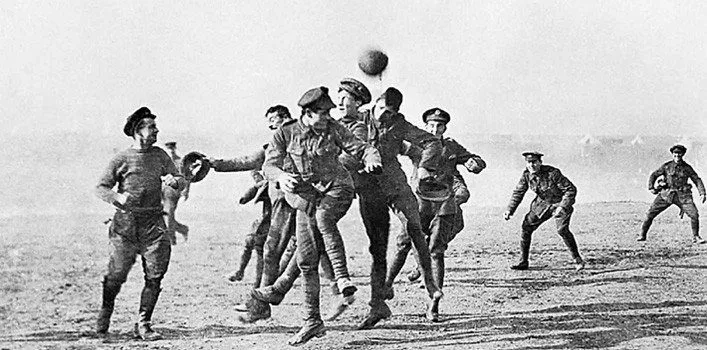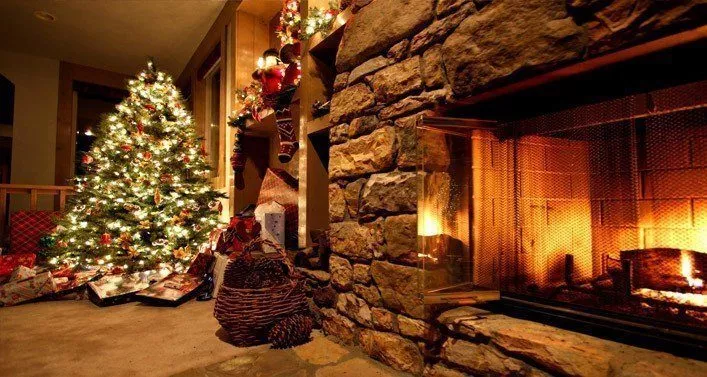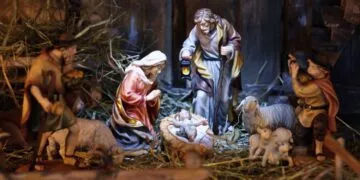Christmas Evening (or Eve for short) traditionally starts at sunset a day before Christmas Day.
It’s usually the day to prepare food, watch some Christmas movies & have a few drinks to relax before the big day.
If you love this day, here are a few festive facts about Christmas Eve.
Scientists calculated that for Father Christmas to deliver all gifts to people around the world, on Christmas Eve, he would have to visit 822 homes a second, traveling at 650 miles a second!
Traditionally, children leave mince pies and brandy for Santa and a carrot for the reindeer.
In most parts of Austria, Germany, Poland & Switzerland, presents are exchanged and opened on the night of Christmas Eve, rather than Christmas Day.
In France, Children place their shoes near the fireplace on Christmas Eve, as they believe Santa (le Père Noël) will fill them with toys and sweets.
Christmas Eve is not a public holiday in the United Kingdom however it is a day of preparations for the Christmas season, including last-minute shopping, food preparations, and decorating the house.
Christians traditionally celebrate Midnight Mass at midnight on Christmas Eve. This ceremony, which is held in churches throughout the world, celebrates the birth of Jesus Christ, who is believed to be born at night. However, in recent years, the time for Midnight Mass has varied, and it is not often midnight anymore!
Christmas Eve is a public holiday in countries such as the Czech Republic and Estonia.
According to tradition, Saint Nicholas left gold coins in the stockings of three poor sisters. One night the girls went to bed, leaving their stockings to dry over the fireplace. Saint Nicholas threw three bags of gold coins down the chimney, which landed in the stockings as a gesture of goodwill. Since then, children all over the world continue the tradition of hanging stockings up on Christmas Eve.

During World War I, an unofficial Christmas truce took place between British and German troops. The truce began on Christmas Eve, 1914; decorations were put up, carols were sung, and gifts were exchanged. The truce also allowed for recently fallen soldiers to be bought back behind their lines by burial parties.
In the UK, there is an old wives’ tale that says, “bread baked on Christmas Eve will never go moldy.” It’s just a tale. Don’t believe it and eat moldy bread!
Telling ghost stories is an old Christmas Eve tradition that has died out in the past century.
A large part of Sweden’s population watches Donald Duck cartoons every Christmas Eve since 1960.
In Norway, people hide the brooms. An old tale says that witches and other evil spirits appear on Christmas Eve to steal the brooms and ride around causing mischief!
So, before I leave you to finish wrapping presents & eating chocolate, I’d like to know any traditions you do (or know of) that occur on Christmas Eve.
The only one I can think of, which wasn’t mentioned above, is that on Christmas Eve in the UK, many families will allow their children to open one present on Christmas Eve, but the rest have to be saved for the following morning.
It’s not a tradition I’ve ever done, but I’m sure there are many of you out there that have heard of this.


















